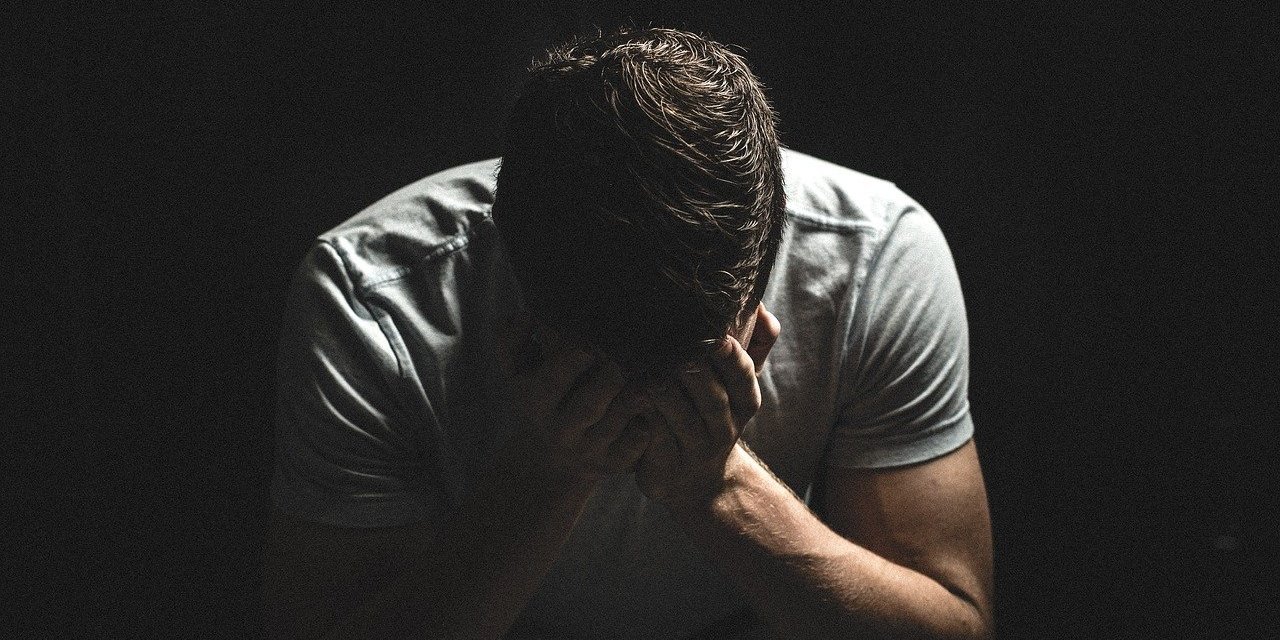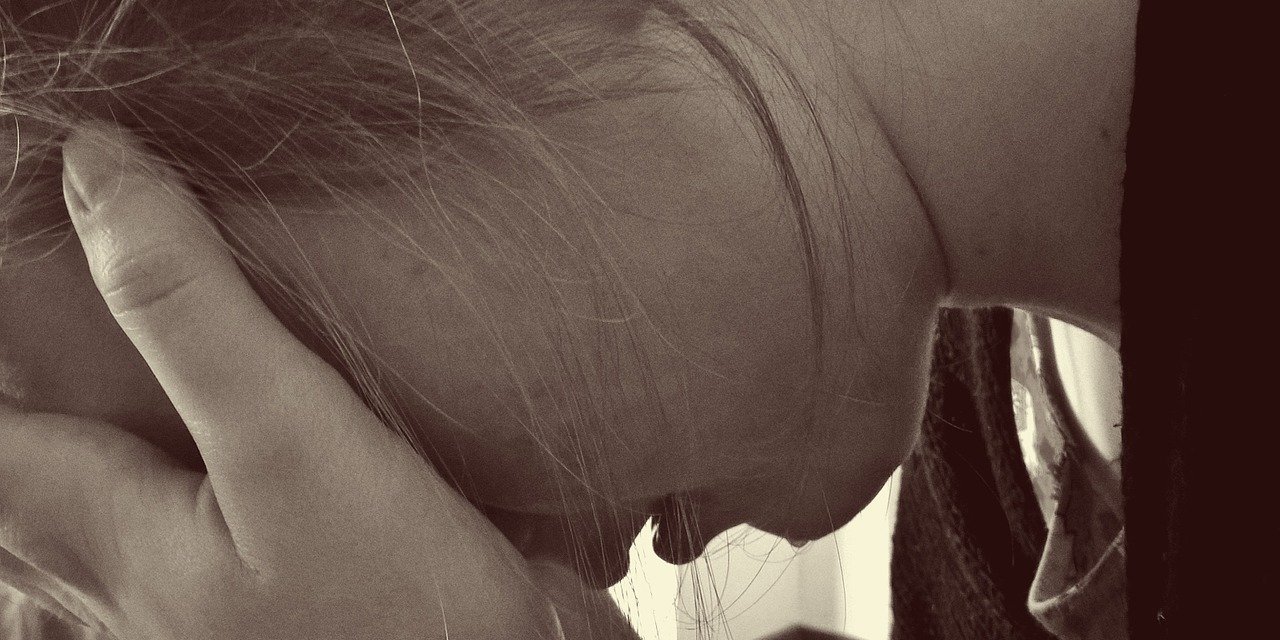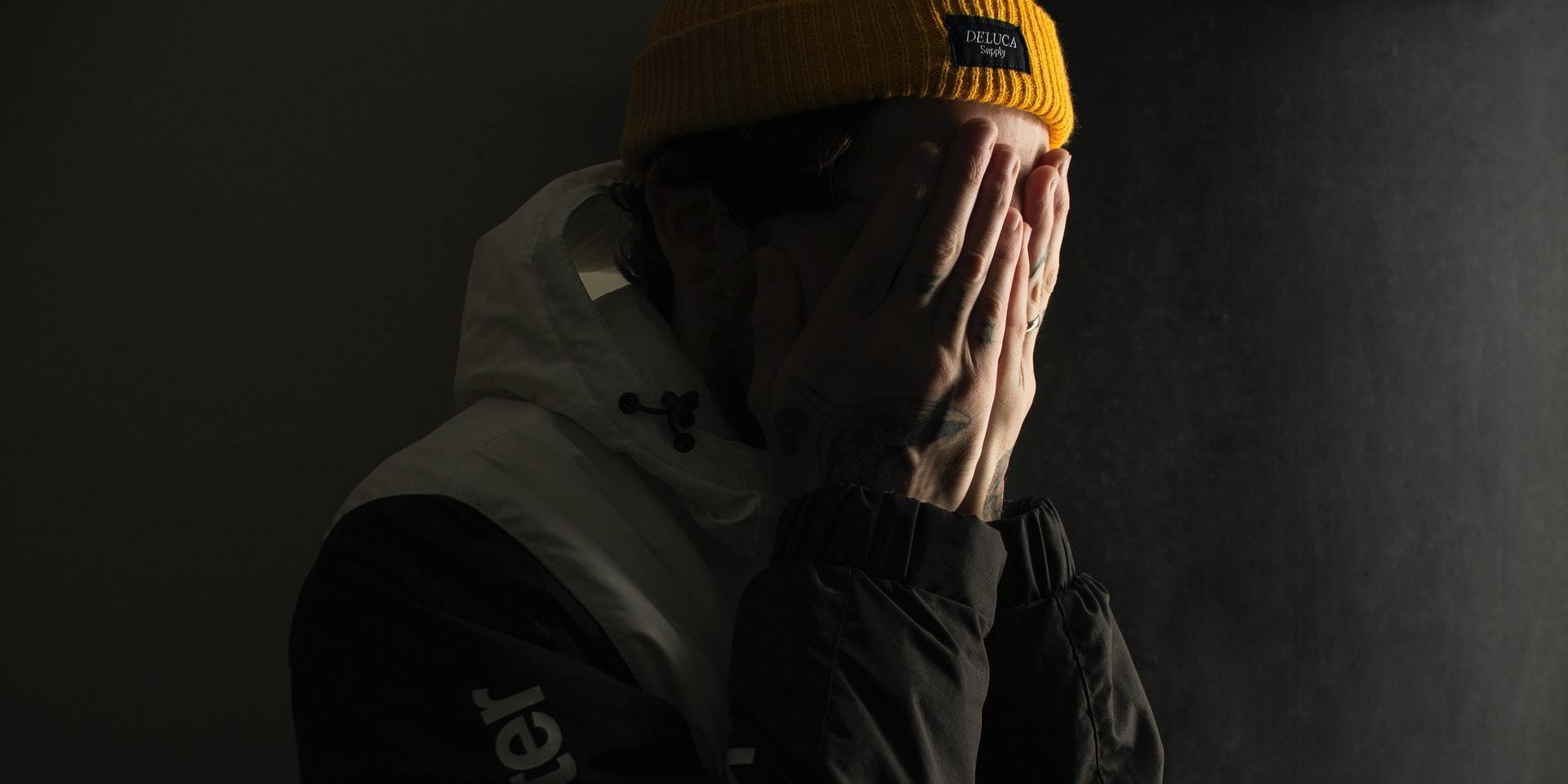How does one define addiction?
Posted on 19th May 2021 at 16:49
We are very quick to judge ourselves and others as addicts and who would blame us for feeling the stigma attached to it? This stops us from acknowledging the issues and reaching out for help. However why do we do it and why can’t we just stop when we want to?
Dr Gabor Mate says that “an addiction manifests in any behaviour that a person finds temporary pleasure or relief in and therefore craves, suffers negative consequences from, and has trouble giving up”.
At the Bodymind centre we work in a confidential setting with clients struggling with a number of addictions: drink, drugs, gambling, sex, eating disorders.
We take the view of a biopsychosocial model in our work with addictions, meaning that we are able to identify behaviours, psychological and emotional conflicts, the social landscape and cultural pressures in which an individual is functioning and in which the addictive behaviour plays a role
We think it is important to identify areas of addiction and where an intervention might be required.
Alcohol issues:
You are experiencing significant withdrawal symptoms when you try and stop and you have an uncontrollable urge to drink, which is only removed, after you take that first drink.
Once you start drinking you dont know when that spree is going to end and you will put having that drink above anything including your work, friends and family. don’t want to go onto anti-depressants?
Drug Addiction:

Here is the definition the World Health Organisation gives: https://www.who.int/substance_abuse/terminology/definition1/en/
This is helpful if you need clarity but many of our clients are not yet ready to classify their use of drugs as a dependence.
The outcomes of drug addiction are very similar to any form of addictive or dependent behaviours, but what is important is to recognise that when we use the term ‘drug addict’ we think about a person who is addicted to Heroin, Crack or Cocaine or another one of the ‘street drugs’
The term drug dependent can help widen this description to a range of other areas:
Are you prescribed anti-depressants but often take many more than is your recommended dose?
Are you using over the counter forms of pain relief, which are codeine based and you use them on a regular/daily basis, even though you are not experiencing pain?
Do you over medicate with your sleeping prescription, or you are combining your sleeping tablets with alcohol to get to sleep?
How long have you been taking slimming tablets and you are worried when you stop you feel so unwell?
If you can identify with any of these statements, it is time to start the process of uncovering why you are slipping further into a dependency cycle and we can help.
Eating Disorder:

This is a very helpful definition provided by our own NHS given the range of eating disorders. https://www.nhs.uk/mental-health/feelings-symptoms-behaviours/behaviours/eating-disorders/overview/
This identifies all of the current known eating disorders:
Anorexia – restricting food intake, over exercising, body dysmorphia
Bulimia – purging, so often looking like you are eating normally, but making yourself sick soon after meals.
Binge Eating Disorder (BED) -over eating to the point of feeling uncomfortable
AFRID – Avoidant/restrictive Food intake disorder – when you struggle with certain types of foods, the time you eat, textures of certain foods, all causing you distress.
All addictions are challenging, but food can be one of the toughest
These are probably some of the hardest addictions to suffer with, as with all other areas of addiction, you can abstain from the thing that makes you so unwell, physically and mentally, but you have to eat to stay alive.
Eating disorders in men and boys is often very difficult to identify and can be falsely diagnosed by a GP as they are so well disguised, only the man/boy who is suffering may know the true extent of the problem.
We can help through our private consultations with our expert practitioners.
Gambling Addiction:

All addictions bring with them a level of secrecy and shame, but with gambling there are no visible signs you are struggling, other than maybe signs of depression if you are on a losing streak or excessive highs, if you have had a big win. An individual engaging in such behaviours can rack up huge debts often in one sitting, and now with gambling apps on your phone, this is easier than ever before.
The person with dependant gambling behaviours will experience the same sensations as any other addictive behaviours, irritability, restlessness and discontentment and only once they have placed a bet do they get any sort of short term relief from that feeling.
How can I tell if someone is struggling?
There will be things in their behaviours that will seem different, trust your instincts you may well be saving their lives
What sort of warning statements might the person be saying at the point of crisis?
I don’t know why I can’t stop?
It’s like I become a completely different person and I dont know what I am doing!
I don’t see what you see.
No one understands
Parents, Guardians or Friends – how does this affect you?
And if you are a parent or partner of a person suffering, you can and often do try and control that person’s addiction, in the end just causing yourself more pain and anxiety.
What causes addiction?

If you are grappling with this question, then this is a very good paper to read to help you get a basic understanding of the problem.
There are many self-help groups that can offer support for example Alcoholics Anonymous and other 12 step recovery programmes, but in many cases, these are not enough on their own, or the person seeking help isn’t ready to go public on their problem and fears they may know someone that attends these groups.
We need to do the work on our internal self. With the help of the staff at the Bodymind Centre, a person struggling with an addiction will learn to become “response- able” to their circumstances and understand the role their addictive behaviour plays in suppressing emotional pain and potential internal conflicts.
Often, we are scared and deny our needs for help due to the fear of being stigmatised, or not knowing how to get help whilst maintain a picture of high functionality in our family, professionally and in our social circles. Or the fear of appearing weak and losing control. It can also be worrying if one holds a public facing job, for example, a police officer, a nurse or doctor, air crew, a teacher, all professions that inevitably could run the risk of being “found out” and dismissed from their job.
My job stops me coming forward to get help!
As Bodymind Centre, you are guaranteed the strictest of confidence, you meet with our team in our therapy centre and we will work with you as an individual, to provide a wraparound programme of support to meet your immediate and medium-term needs.
What is so special about our approach at The Bodymind Centre?
Our holistic approaches mean we treat the individual in all aspects of their lives, focusing on 8 core aspects of your functionality.
Biochemical - Physical – Psychological - Emotional – Nutritional – Relational - Spiritual – Lifestyle
We offer individual sessions or consultations, however, for a complete 360°care, we offer three levels of clinical care for differing intensity of symptoms.
We offer three bespoke programmes for different levels of clinical need and intensity of symptoms for those living with addictions, anxiety, depression, trauma, chronic physical conditions: Acute, Maintenance and Prevention
Will include some of the following:
a) Integrative assessment (physical and mental health) – all 8 aspects of client’s life
b) Design an individualised health plan, regular updates (incl. nutrition, fitness, mental/emotional health, supplementation and coaching support)
c) 1 medical/naturopathic consultations (one-hour visit with Dr Caroline Longmore),
d) Flexible scaffolding support, from intensive outpatient care, daily brief contact (via phone, email, text), to brief check ins once per month.
e) Diagnostic testing and screening (for diabetes risk, heart health, inflammation, nutrient status, liver, kidney and thyroid function) (will collaborate with your GP)
f) Nutritional support – weekly meal plans and advise (if necessary)
g) Vitamins, minerals and other herbal supplements (not included in the price)
h) Other complementary therapies: acupuncture, reflexology, reiki, therapeutic massage
psychological interventions, on a weekly basis, when necessary
i) Free access to all our community classes and workshops (mindfulness, breathing classes, cooking workshops).
It is important to be open to explore underlying issues with our psychological interventions which provide a confidential and anonymous space with compassion and understanding and in a safe and non-judgemental environment.
Once you have embarked on your recovery programme with us, we will work with you to tackle what we believe are the root causes; what lies under the surface of your addictive behaviours. We all carry a younger part of self that has survived some of the following:
Abandonment/rejection – lack of connection and love
Shame and vulnerability - not being valued and lack of self esteem
Feeling alone, isolated, scared and uncared for.
What can I do right now?
If you are looking for support during a recovery programme, where you know other interventions are needed or you are ready to start to look at an addiction problem supported by our highly qualified team, call us today for your first complimentary consultation.
If you would like to find out more about our approach please explore our how we work page.
Alternatively, if you feel ready to take some control back on your life contact us today for your first 20 mins free consultation.
Tagged as: Addictions, Psychotherapy
Share this post:



